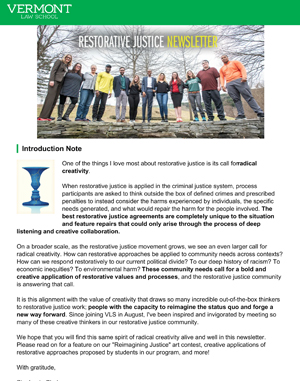About This Class
This course intended to provide an introduction of contemporary Chinese law and legal institutions from a historical and comparative perspective. The course begins with a brief examination of the traditional Chinese legal system and an evaluation of China's legal reform before the establishment of the People's Republic of China (the PRC) and in the post-Mao era. The course will then give an overview of China's political system, sources of law and law makings, and the key areas of Chinese law, including criminal law, constitutional and administrative law, and civil law and environmental law. A major focus of the course will be the ways in which Chinese law and legal institutions have evolved since the beginning of the reform era in the late 1970s, and the major challenges faced by the legal system today. Topics to be covered include the formal legal system and its operation in practice; how China's legal system is addressing environmental challenges; and the role of judiciary and legal profession. This is a 2-credit seminar taught in compressed format in seven modules during two weekends. Our goals are to (1) study Chinese law within its cultural and historical context; and to (2) refine research, writing, and discussion skills. A short substantial research paper and class participation are required. Topics must first be approved by the instructor. Students are required to schedule at least two meetings with the instructor, first to discuss the topic and the research plan for the paper, and the second to discuss the first draft of the paper. The paper can be a AWR paper. There are no pre-requisites for this course. Chinese language proficiency is useful, but not required. Students took part in the U.S.-China Joint Student Research Project Fellowship are recommended to take this course. Method of evaluation: Class participation (40%) and a short paper as a final exam (60%).



















